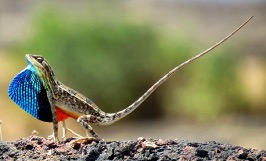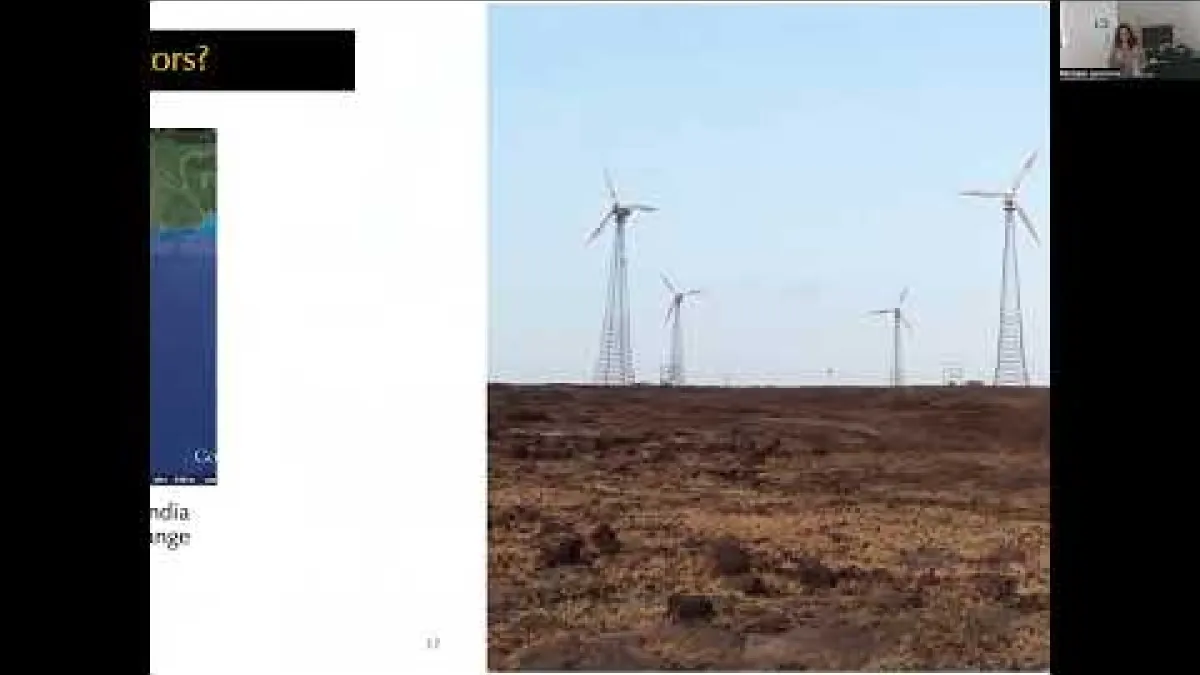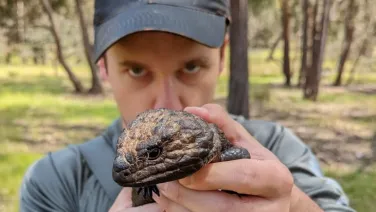E&E Special Seminar: Building a body for sex and danger
Fitness depends entirely on how well individuals can survive and reproduce – both of which can be quite stressful. What makes these even more challenging is that the traits that may increase reproductive success can often decrease survivorship.
Speakers
Event series
Content navigation
Description

Fitness depends entirely on how well individuals can survive and reproduce – both of which can be quite stressful. What makes these even more challenging is that the traits that may increase reproductive success can often decrease survivorship. So, when and in what ways should organisms trade-off the development of some traits over others? I will draw from our work with colourful herpetofauna to explore how morphology, behaviour, and hormones integrate to build phenotypic complexes. Given that the effectiveness of traits depends on the context, I will also share how traits shift with changes in selection pressures across ecological and evolutionary timescales. In many cases, we find that trait complexity may be easier to maintain than we think they should be. Overall, I hope to illustrate the remarkable variation within and between species, and the critical role that stress and nutrition plays in building colourful animals.
Biography
Maria Thaker is a Professor at the Centre for Ecological Sciences, Indian Institute of Science (IISc), Bangalore India. Her lab takes an integrative and comparative approach to understanding phenotypic form and function, using study systems ranging from lizards to elephants. She is particularly interested in understanding the implications of environmental change, such as urbanization and climate warming, on animal responses. Maria Thaker is currently the coordinator of the new Masters in Life Sciences program at IISc and is leading the Movement Ecology component of the Long-Term Ecological Observatories Program in India.
Location
Please note: this seminar will be held in the Eucalyptus Rm and via Zoom, details are included below.
Eucalyptus Room, Rm S205, Level 2, RN Robertson Building (46)
Please click the link below to join the webinar:
https://anu.zoom.us/j/84679366096?pwd=c25uc1lPU2xMSUJ2Qm0vWnZFMkh5QT09
Passcode: 719078
Canberra time: please check your local time & date if you are watching from elsewhere.



